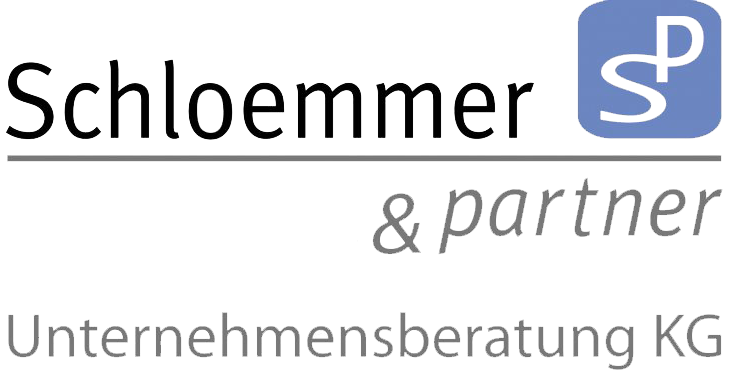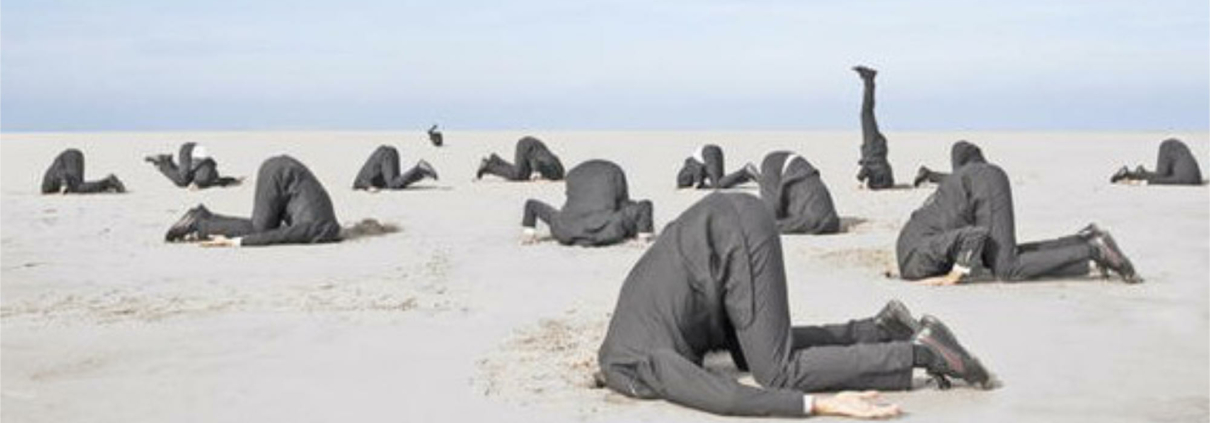Everyone knows the stereotypes of status-conscious managers – company cars, more expensive equipment and a constant battle for the bigger office. Our experience with the RMP© (Reiss Motivation Profile) shows that up to 50% of current managers in traditional organizations have this life motive strongly developed and want to live it out – and that in the working world. Shifting this motive to private life would be sensible and successful in coaching – because New Work needs different leadership personalities.
What drives a person into a leadership role?
For some it just happens, others desperately need it – a leadership position to be able to live out their motives in life. In most cases, this includes the life motive of power – sometimes combined with the life motive of competition. People for whom the power motive is not pronounced would be reasonably happy even without holding a leadership position. They also don’t particularly like telling others what to do.
Until now, management positions were often associated with status. People who have to live out this motive in order to be meaningfully happy love their position in the organization chart, meetings per hierarchy level, their company car, their corner office and any kind of special treatment.
The visionaries of New Work hoped that the future world of work would become more humane. However, they also point out that it is no longer attendance that is rewarded, but results. For New Work to work, the attitude and mindset of some managers needs to change radically.
Flexibility means more than just working from home and supportive leadership is becoming a core competence in the VUCA world. “VUCA” is an acronym that refers to “volatility”, “uncertainty”, “complexity” and “ambiguity”. This defines the characteristics of the new world of work.
The future demands leaders who can build genuine relationships, foster cohesion, create trust and encourage interaction. Command and control is now only used in a few industries.
For 15 years, our corporate clients have ALL chosen “Supportive Leadership©” as a leadership competence in the course of competence management consulting. Definition: Can develop employees’ potential to the full and invites and encourages people to try out new things. Can inspire people and create work situations in which people have new positive experiences. As a manager, accompanies and advises employees – sparing in his interventions, but also energetic in disputes. Moves from the utilization of resources to the development of potential.
Tolerance of ambiguity becomes a core competence for employees
Definition from our competence management system©:
Does not regard matters that are in limbo as a burden. Can work on several tasks at the same time. Always look for new solutions and abandon established routines. Likes to take risks and loves change. Is bored with routine administrative processes and constantly needs challenges. Can live well with ambiguity, complex conditions and cultural differences.
Routine administrative processes will be eliminated by digitalization and a willingness to change cannot be prescribed, it can only be lived.
In traditional companies, New Work always means a change in corporate culture at the same time
A central maxim should be: “Committed, self-organized, ambiguity-tolerant employees are the greatest asset in times of a shortage of skilled workers and a change in values in society!
The meaning of work is playing an increasingly important role for many people!”
It is up to the company to preserve the feeling of togetherness by creating memorable shared experiences.
Companies must keep their promises and rethink their mission. This will give rise to cultures that are characterized by trust, participation and humanity. But only after phases with a lot of chaos and – to put it positively – creativity and innovation.
New Work does not work by “working through” a program schedule. On the one hand, it is important to initiate a process of change; on the other hand, the speed of change must ensure the “loyalty” of the workforce – and loyalty is created through ON loyalty.
Self-realization as an individual within an organization has an impact on the company. However, the flexible and innovative workforces required for this do not emerge by themselves. Employees with an affinity for technology are generally more open to the new possibilities for shaping work processes than those who tend to feel overwhelmed by them. However, as with any change, when establishing new forms of work organization and collaboration, it is important to involve and support all employees as much as possible.
Suddenly, the world of work requires a high degree of digitalization and innovation, as well as cross-divisional, cross-hierarchical and cross-functional teamwork with short decision-making paths. This is often the exact opposite of what we as consultants still encounter in companies.
Innovative ability and diversity are becoming vital for survival
Many companies are currently questioning their traditional forms of work organization and collaboration. You ask yourself: How can we use the modern forms of collaboration, which many start-ups and innovative niche providers practice, for example, for our success in addition to the technical possibilities of digitalization? As a rule, these are forms of work that aim to achieve this,
- the personal responsibility of employees right up to the operational level,
- to promote cross-divisional and cross-hierarchical cooperation
- increase the ability to innovate and the speed of implementation.
Diversity has a positive effect on corporate success – that’s nothing new. Different perspectives help to understand different requirements and develop different solutions. Diversity will become the rule and status thinking will no longer have a place in innovative organizations that want to retain their employees.





























































